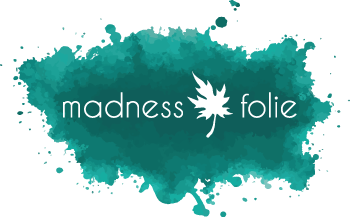Component Evaluation: Getting to Activism
Component Evaluation: Getting to Activism Timing: 30 Minutes Mode: In-class Pat Capponi and veteran Vancouver activist and writer Lanny Beckman have never met each other, but wouldn’t they have an interesting conversation if they did? Imagine the two talking about the life moments and influences that helped push them from personal dislocation to empathy and …


 Français
Français